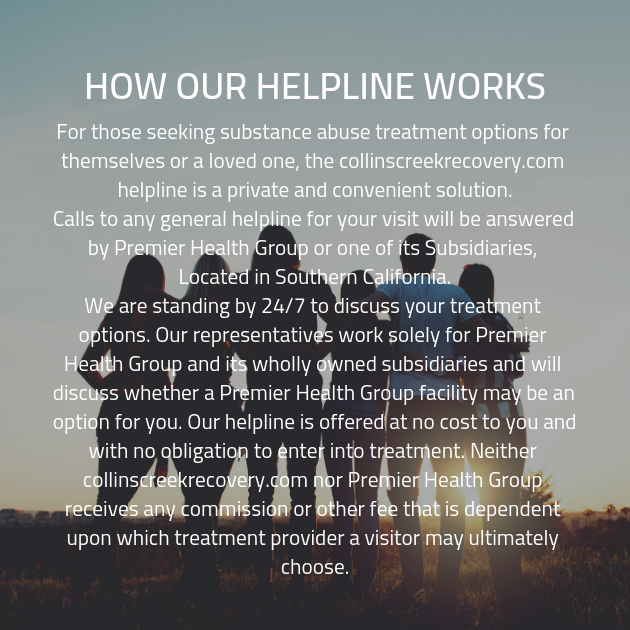New York, NY
131 Varick St New York NY 10013
(929) 399-2396
Drug Rehab in New York, NY
Too often people form opinions on addiction treatment based on television and movies. In reality, the recovery environment is more welcoming than you imagine, and those who go through the process can get the help and care that they need to get beat addiction. An alcohol and drug rehab center in New York City uses a number of techniques to ensure clients are prepared to face the future.
Detoxing in a Safe Manner
Most people dealing with substance abuse want to quit. However, the difficult process of withdrawal can make doing so especially difficult at first. An alcohol and drug rehab facility in New York ensures clients are safe during the process by providing a supervised approach. Withdrawal symptoms can leave people feeling restless and anxious, but the most challenges elements of detox will resolve fairly quickly. Once you're past early withdrawal symptoms, other aspects of detox are easier to deal with.
Forging a Plan
The nature of substance abuse varies by person, and treatments designed for one person might not be right for others. During the intake part of treatment at a New York addiction recovery center, they'll talk about your addiction and the impact it's had on your life. Make sure to be honest during intake, and feel free to ask questions.
Trying Individual Therapy
People facing addiction often spend time with people who are also addicted, and they rarely feel comfortable being open and honest with family or friends. In individual therapy sessions, you can speak with someone who knows what addiction is like and will keep your conversations private. At a New York addiction treatment center, individual therapy is a core component of working toward recovery.
Group Meetings
Another benefit of treatment at an alcohol and drug detox clinic in New York is being introduced to group meetings. Other people facing addiction can provide support, and the stories they share will serve as inspiration. Speaking up during meetings isn't mandatory, but work toward sharing with others. Note that those you meet in group therapy are likely to keep in touch during the future, and holding each other accountable can help you stay on the path to recovery.
Going Beyond Addiction
For a small number of people, addiction arises alone and should be treated as a disease. More often, however, people dealing with addiction have other issues, and these issues can feed into addiction and make it more difficult to quit. Furthermore, addiction can lead to both physical and mental difficulties that can linger even after you successfully defeat addiction. At a substance abuse treatment facility in New York City, they believe in treating co-occurring issues while treating the addiction itself. This dual diagnosis approach is known to provide better outcomes than just treating addiction on its own.
A Reprieve
Beating addiction isn't easy. However, maintaining an active addiction can be even more challenging, and those dealing with addiction often live dangerous and stressful lives. While in treatment at a New York addiction recovery facility, you'll be free from stress and are able to focus on the future. Many people find this new safety to be tremendously comforting, and it can help provide motivation to stay sober.
Facing the Future
When dealing with addiction, it can be easy to think there's no hope for a brighter tomorrow. Once people are able to begin taking control of addiction, however, they're often able to see that there's plenty to look forward to. A New York addiction treatment facility works to harness this optimism and provide guidance for planning your life once your primary addiction recovery treatment has ended.
It's never too late to ask for help if you're facing addiction. Enrolling in an addiction recovery program in New York City provides you with a path forward, and you'll learn skills for becoming sober and fighting urges. Although the process will be difficult, you'll be provided with skills to take control of your life, and you'll begin to see sobriety as a real possibility.


